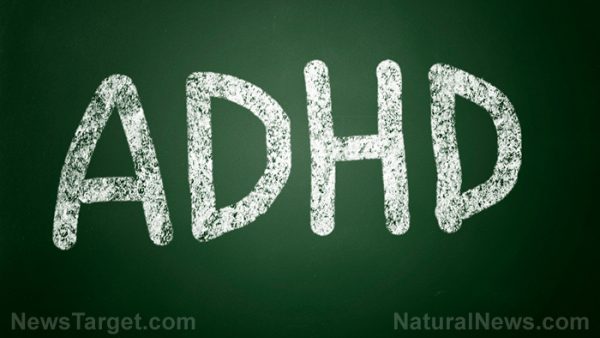 Parler
Parler Gab
Gab
"Investigations were performed using progesterone (PRG), testosterone (TES) and estrone (E1) as representatives of hormones. By irradiation with monochromatic UV light (λ=254 nm) in a media of 40% water and 60% ethanol, the degradation as well as the regeneration of the hormones was studied with each hormone individually and in the mixture with VitC as a function of the absorbed UV dose, using HPLC. Calculated from the obtained initial yields, the determined regeneration of PRG amounted to 52.7%, for TES to 58.6% and for E1 to 90.9%."Remarkably, vitamin C was capable of almost complete regeneration of estrone and quite significant regeneration of both progesterone (52.7%) and testosterone (58.6%). These experimental results have profound implications if they prove to carry over to human physiology. For instance, vitamin C may offer an alternative (or at least adjuvant and/or 'drug sparing' effect) to hormone replacement therapy, which suffers from the problem of 'feeding the deficiency,' i.e. negative feedback loops operative within our endocrine system can result in the down-regulation of endogenous steroid hormone production when exogenous forms are supplied. The researchers noted that this was (at the time) the first scientific evidence proving:
"[H]ormone transients originating by the electron emission process can be successfully regenerated by the transfer of electrons from a potent electron donor, such as vitamin C (VitC)."While a preliminary study, the researchers identified two possible implications of their research to human medicine:
Vitamin C, of course, is exceptionally safe at high doses and has hundreds of proven health benefits (view our Vitamin C health benefit database), whereas conventional chemopreventive agents for cancer, e.g. Tamoxifen, and hormone replacement therapy using animal derived and/or synthetic hormone analogs, cause a wide range of adverse health effects, including at times increased mortality. For additional related research you can read two previous on vitamin C's role in cancer treatment in intravenous form and vitamin C rich foods like pomegranate as an alternative to hormone replacement therapy. Read more at: GreenMedInfo.com
- Cancer Prevention/Treatment: "The regeneration of hormones by electron transfer process using a potent electron donor, such as VitC, might offer a new pathway for an efficient reduction in the formation of metabolites, also such initiating cancer among others."
- Hormone Replacement Therapy: "The reported results concerning the ability of VitC to act as electron donor in the regeneration of hormone transients might also be of benefit in the clinical application of hormones (e.g. contraceptive, HRT)."
A Modest dose of ginger improves 8 markers of diabetes type 2
By News Editors // Share
Surprise new illness hitting cruise ships: ‘My puke was bright blue’
By News Editors // Share
Falsified data scandal forces Harvard teaching hospital to retract fraudulent science papers
By Ethan Huff // Share
Study: Long-term use of ADHD medications linked to elevated cardiovascular disease risk
By Olivia Cook // Share
The health benefits of quercetin, a powerful antioxidant found in colorful superfoods
By Evangelyn Rodriguez // Share
Governments continue to obscure COVID-19 vaccine data amid rising concerns over excess deaths
By patricklewis // Share
Tech giant Microsoft backs EXTINCTION with its support of carbon capture programs
By ramontomeydw // Share
Germany to resume arms exports to Israel despite repeated ceasefire violations
By isabelle // Share










